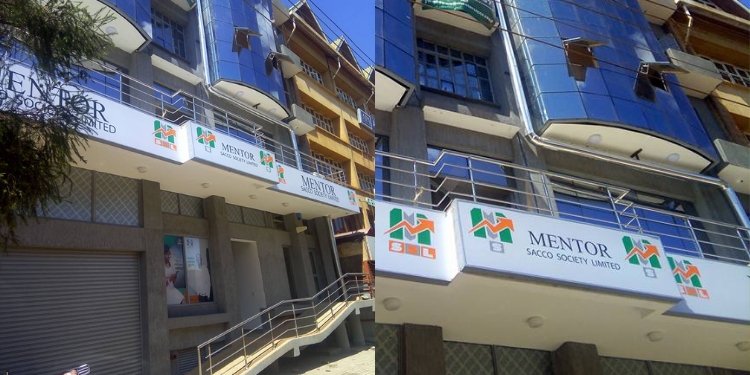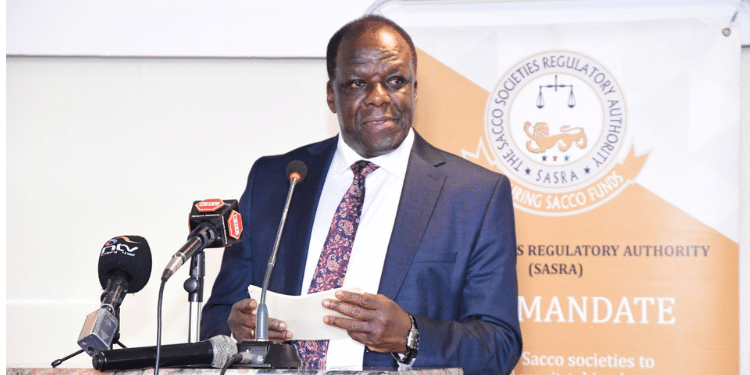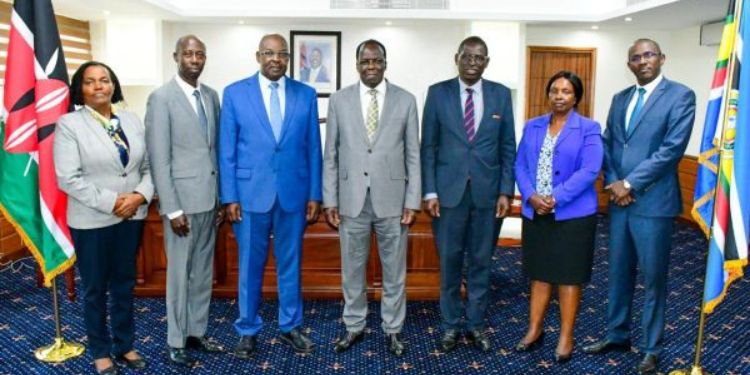The Sacco Societies Regulatory Authority (SASRA) is a body that oversees regulations and all Saccos in Kenya, including those that take deposits and those that don’t.
SASRA’s primary objectives are to enhance financial discipline in the cooperative sector, safeguard members’ savings, and ensure transparency.
Complete adherence to SASRA regulations is required by law for Sacco to operate lawfully, since it is not an option.
Checklist for SASRA Compliance
- Valid SASRA license on display
- Timely renewal of submissions
- Approved bylaws and governance committees
- “fit and proper” leadership clearance
- Financial reports that comply with IFRS
- Engagement of a SASRA-approved auditor
- Maintenance of capital ratios
- Implementation of a complaints policy
- ICT and fraud controls
Licensing and Governance Requirements
According to the body, all Saccos engaging in deposit-taking activities must obtain a valid license under the Sacco Societies (Deposit-Taking Business) Regulations, 2010.
Non-deposit-taking Saccos are required to hold authorisation under the 2020 regulations.
Further, the licence or authorisation must be displayed at Sacco’s head office and all branches to confirm legitimacy.
Additionally, renewal should be completed annually before the deadline set by SASRA.
Good governance, being a key compliance requirement, requires that board members and senior management undergo a “fit and proper” test to verify their integrity, competence, and financial soundness.
Saccos are also expected to establish effective audit, risk, and credit committees to enhance accountability.
Financial and Operational Compliance
Saccos are expected to prepare annual financial statements that comply with International Financial Reporting Standards (IFRS).
These statements should be audited by an external auditor approved by SASRA, and the audit reports must be submitted to the authority within four months after the close of the financial year.
Also Read: USSD Codes For Safaricom, Faulu, Imarika, and Other Major Saccos in Kenya
Additionally, accurate accounting records must be maintained to match the institution’s true financial position.
To maintain operational stability, Saccos must meet the minimum capital adequacy and liquidity ratios prescribed by SASRA.
Also, the institutions should implement effective internal controls and risk management systems.
With digital transformation on the rise, ICT and data protection measures have become crucial in ensuring member information and funds remain secure.
Member Protection and Transparency
Member protection is the major focus of SASRA regulations.
Also Read: What It Takes to Legally to Register a Cooperative Society in Kenya
Saccos are required to adopt a complaints-handling policy that ensures members’ grievances are acknowledged within three working days and resolved within 21 days.
Regular education on members’ rights and responsibilities promotes trust and enhances engagement.
In addition, members must receive timely and accurate information regarding dividends, savings, and loan terms.
Saccos should also enforce fraud prevention measures and establish whistleblowing channels to promote accountability.
Follow our WhatsApp Channel and X Account for real-time news updates























































![Senator Allan Chesang And Chanelle Kittony Wed In A Colourful Ceremony [Photos] Trans Nzoia Senator Allan Chesang With Channelle Kittony/Oscar Sudi]( https://thekenyatimescdn-ese7d3e7ghdnbfa9.z01.azurefd.net/prodimages/uploads/2025/11/Trans-Nzoia-Senator-Allan-Chesang-with-Channelle-KittonyOscar-Sudi-360x180.png)




















